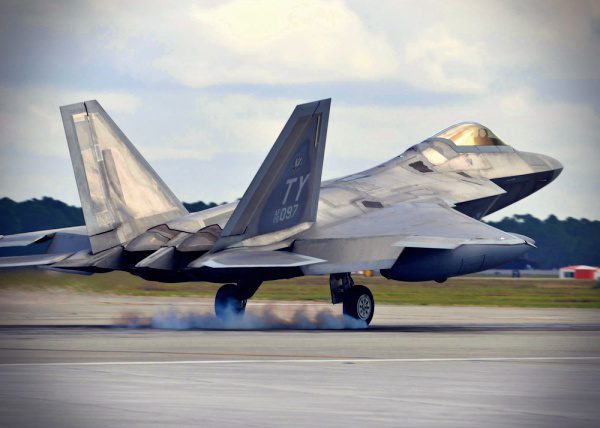American soldiers may face the death penalty

Wednesday, June 28, 2006
By LOLITA C. BALDOR, Associated Press Writer
WASHINGTON — A string of alleged atrocities by U.S. troops in Iraq and Afghanistan is testing the military justice system and raising the possibility that American soldiers may face the death penalty for acts in countries where every street can be a battlefield.
Not since World War II have members of the U.S. military faced murder charges for killing prisoners. Not since the My Lai massacre during the Vietnam War have U.S. soldiers formally been accused of indiscriminately slaughtering innocent civilians.
Several new cases have emerged from the wars in Iraq and Afghanistan that could bring up a punishment the military seldom imposes and rarely carries out.
The Defense Department’s modern-day criminal justice system has little experience with the death penalty and allegations such as the war crime charges that have surfaced in Iraq. There are just six men on the military’s death row at Fort Leavenworth, Kan.; no one has been executed since 1961.
If a commander recommends the death sentence in any of the cases, the final decision on its imposition would require presidential approval. Such a choice could present a political dilemma for the commander in chief, who might face conflicting pressures to show support for troops yet not condone atrocities.
In recent days, seven Marines and one sailor have been charged with the April murder of an Iraqi civilian in Hamdania, while four Army soldiers face premeditated murder charges for the deaths of three Iraqi detainees at Iraq’s Thar Thar canal.
The military also is looking into allegations that several Marines massacred up to two dozen civilians in Haditha, Iraq, in November.
Eleven other soldiers in Iraq and Afghanistan already have been tried in connection with the death of someone in their custody, but none received a death sentence. The one convicted of the most serious charge _ premeditated murder_ was sentenced to 25 years. Several others were convicted of or pleaded guilty to, lesser charges.
Eugene Fidell, a lawyer who specializes in military cases and teaches at American University’s Washington College of Law, said criminal charges should be determined by lawyers, not the commanders. He said he was concerned that defendants will be treated differently, particularly in death penalty cases.
“The danger there is you could have tremendously divergent treatment of cases that were essentially the same,” he said.”That is certainly worrisome to a person on death row.”
The new cases present a challenge to the military judicial system because they involve murder charges” in a place where the whole idea is to kill people. The defense is going to show that the killing was within the rules of engagement they had been provided,” said Charles Gittins, a military law expert who has defended service members in a variety of cases.
The jury, he said, will consider the circumstances of combat, the day-in, day-out fear the soldiers live with, and the fact that the defendants lost friends in the war.
Gittins said it is likely that all of the jurors would have likely served at least one tour in Iraq and would be sympathetic to the conditions there. The jurors, all members of the military, are selected by the commander.
The trials will come at a time when the U.S. is struggling to improve relations with the Muslim world and needs to demonstrate it takes the deaths of the Iraqi civilians and detainees seriously. At the same time, many nations, particularly those in Europe, staunchly oppose the death penalty and have condemned America’s use of it.
The Uniform Code of Military Justice lists 15 offenses that carry the death sentence. They include murder and rape, as well as desertion or assaulting a superior officer during wartime.
The last person executed at the military’s maximum-security prison at Fort Leavenworth was Pvt. John A. Bennett of Virginia. Convicted of rape and attempted murder, he was hanged in April 1961 after President Kennedy confirmed the sentence.
The Armed Forces Court of Appeals struck down the military’s capital sentencing procedures in 1983. A year later, the death sentence was reinstated after the procedures were changed. Since then, no president has authorized the death sentence in any military case.
The manner of execution also has changed.
Documents discovered in the Pentagon in 2003 listed about 200 military executions between 1942 and 1961, including many who were hanged and several who were shot. Since Bennett’s hanging, the military brought in an electric chair, which it never used, and more recently built a facility where prisoners can be executed by lethal injection.
The My Lai massacre involved the deaths of hundreds of unarmed civilians in Vietnam in March 1968 and led to the conviction of Army Lt. William Calley Jr. Calley was sentenced to life in prison, and his sentence was reduced by President Nixon. Calley served three years of house arrest.

